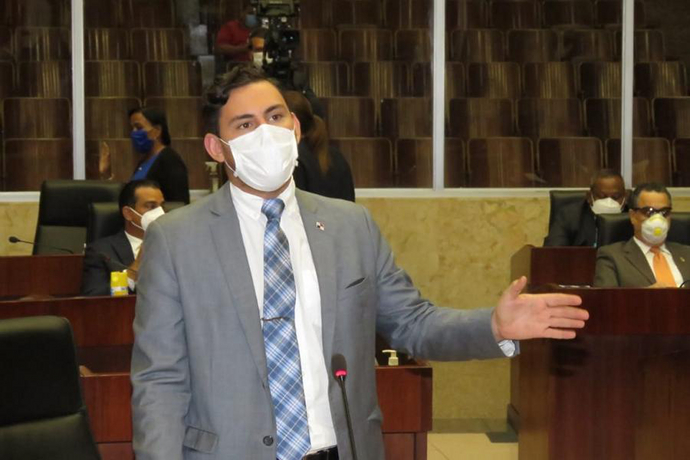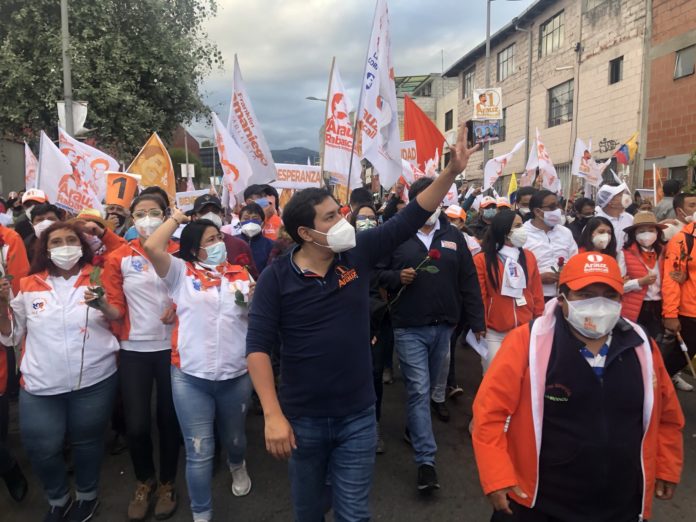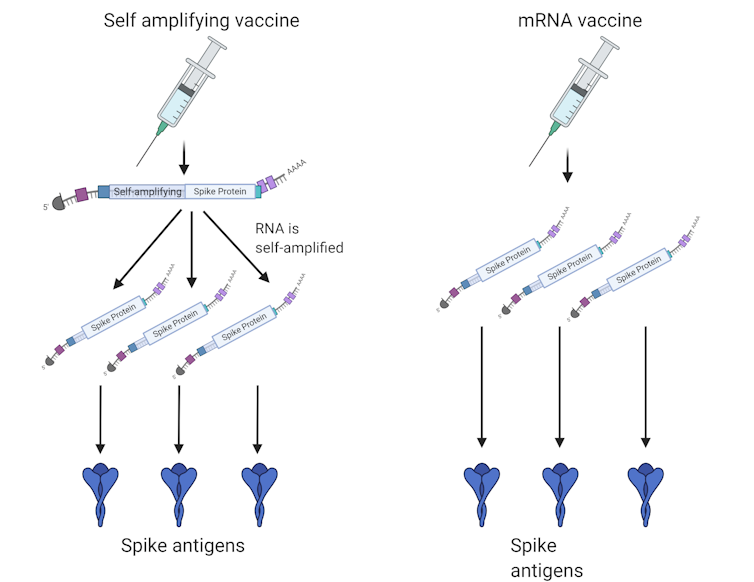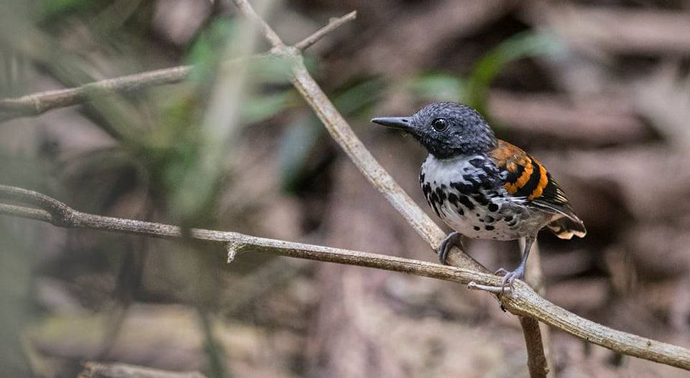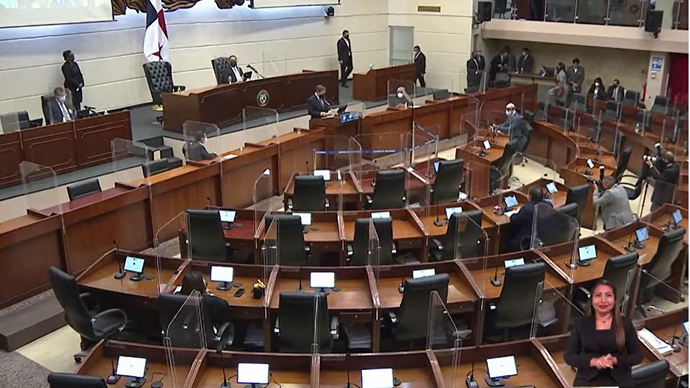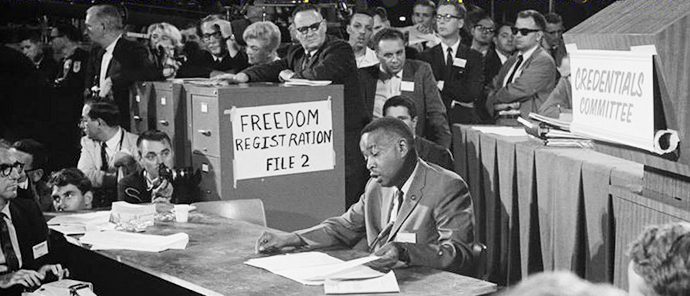Foto por Shutterstock / Mas aki
Covid-19 persistente: detectados
más de 50 efectos a largo plazo
by Sonia Villapol, Houston Methodist Research Institute
Ocho de cada 10 pacientes con covid-19 presentaban al menos un síntoma persistente desde los 14 días hasta las 16 semanas después de la infección aguda, aunque algunos efectos podrían durar más. Es la principal conclusión que hemos extraído de un metaanálisis que se puede consultar en esta prepublicación de medRxiv.
En este trabajo analizamos casi 19 000 estudios que destaparon 55 efectos persistentes después de la infección aguda. Los datos fueron extraídos de los historiales de 47 910 personas de entre 17 y 87 años que participaron en 15 estudios que habían evaluado síntomas o parámetros de laboratorio a largo plazo. Cada estudio tenía un mínimo de 100 pacientes. Nueve estudios fueron de Gran Bretaña o Europa, tres fueron de EE. UU., y el resto de Asia y Australia. Seis estudios se centraron solo en personas hospitalizadas por covid-19; los otros incluyeron casos leves, moderados y graves.
Un estudio previo en Wuhan (China) y publicado en The Lancet, mostró que el 76 % de los pacientes que requirieron hospitalización informaron de al menos un síntoma 6 meses después, y la proporción fue mayor en las mujeres. Los síntomas más comunes fueron fatiga o debilidad muscular y dificultades para dormir. Además, el 23 % informó de ansiedad o depresión durante el seguimiento.
Lo que sabemos de los coronavirus anteriores, SARS y MERS, es que los dos comparten características clínicas con la covid-19, incluidos los síntomas persistentes. Las personas que sobrevivieron al SARS mostraron anomalías pulmonares meses después de la infección y el 28 % de las personas presentaban disfunción pulmonar hasta dos años después.
En cuanto a los síntomas psicológicos, también se han reportado altos niveles de depresión, ansiedad y trastorno de estrés postraumático a largo plazo en pacientes previamente infectados con otros coronavirus. En el caso de los supervivientes de MERS, también se atendió al 33 % de las personas con fibrosis pulmonar, así como con trastornos de estrés y ansiedad postraumáticos a largo plazo.
Los efectos de la covid-19 a largo plazo más comúnmente identificados fueron fatiga (58 %), dolor de cabeza (44 %), trastorno por déficit de atención (27 %), caída del cabello (25 %), disnea (24 %) o anosmia (24 %).
Otros síntomas persistentes fueron pulmonares (tos, opresión torácica, disminución de la capacidad de difusión pulmonar, apnea del sueño, fibrosis pulmonar), cardiovascular (arritmias, miocarditis), neurológica o psiquiátrica (pérdida de memoria, depresión, ansiedad, trastornos del sueño). Durante el seguimiento, el 34 % de los pacientes tuvo una radiografía de tórax anormal. También se observaron marcadores sanguíneos elevados que se podrían utilizar como pronóstico de la enfermedad.
La caída del cabello se encuentra en el 25 % de los casos después de la covid-19 y podría considerarse como un efluvio telógeno, definido como la caída difusa del cabello después de un factor estresante importante o una infección sistémica por coronavirus. Es causada por transiciones foliculares prematuras de la fase de crecimiento activo a la fase de reposo, dura aproximadamente 3 meses, pero puede causar angustia emocional y desencadenar enfermedades neurológicas.
La pérdida del gusto u olfato es transitoria durante la fase aguda de la COVID-19, pero es cierto que los registros que encontramos indican que puede ser persistente en aproximadamente un 20 % de los casos y durar hasta al menos 4 meses. Los expertos recomiendan tratar las disfunciones olfativas causadas por el coronavirus a través de gotas de vitamina A, esteroides, pero principalmente con un entrenamiento olfativo, que regenera las neuronas olfativas dañadas por la covid-19 y las ayuda a recuperarse antes.
La neuroinvasión del SARS-CoV-2 puede afectar al cerebro y dejar secuelas a nivel neurológico. Además de la entrada directa del coronavirus en el sistema nervioso, ya sea por vía del nervio olfatorio, o por su circulación por en el sistema sanguíneo, existen otros problemas neurológicos que surgen por la inflamación e hipercoagulación que se produce en el desarrollo de esta enfermedad.
Ya se han observado discapacidades neurocognitivas asociadas con enfermedades virales que causan disfunción en el sistema inmunológico y metabólico, como ocurre en la covid-19. Las personas que padecen problemas neuropsiquiátricos tiene un alto riesgo de mortalidad por la covid-19, pero también existen factores pueden ser la respuesta a los problemas neuropsiquiátricos posteriores. Un diagnóstico de problemas psiquiátricos temprano es muy importante para poder recibir tratamiento, y ser considerados como grupos de riesgo en esta enfermedad.
Existe una necesidad de estudios prospectivos. Los Centros para el control y prevención de enfermedades pretenden identificar qué tan comunes son estos síntomas, quién tiene más probabilidades de tenerlos y si finalmente se resuelven. También son necesarios más estudios para determinar si algunos de los síntomas, sobre todos los psicológicos, son debidos directamente al virus o a la situación de estrés que supone enfrentarse a la pandemia o a los efectos secundarios de la intubación y los tratamientos.
Hasta la fecha, no existe un diagnóstico establecido para la condición persistente de la covid-19. Por lo tanto, se necesitan con urgencia medidas preventivas, técnicas de rehabilitación y estrategias de manejo clínico diseñadas para abordar los efectos a largo plazo. Desde una perspectiva clínica, la necesidad de equipos multidisciplinares con perspectivas completas del paciente para abordar la atención a largo plazo de la covid-19, con monitoreo de la duración y el tratamiento de cada síntoma y realizar un seguimiento para determinar si estos efectos a largo plazo complican enfermedades anteriores, son una continuación de la covid-19, o pueden desencadenar otras enfermedades en el futuro.![]()
Sonia Villapol, Assistant Professor, Houston Methodist Research Institute
Este artículo fue publicado originalmente en The Conversation. Lea el original.
Contact us by email at / Contáctanos por correo electrónico a fund4thepanamanews@gmail.com
To fend off hackers, organized trolls and other online vandalism, our website comments feature is switched off. Instead, come to our Facebook page to join in the discussion.
Para defendernos de los piratas informáticos, los trolls organizados y otros actos de vandalismo en línea, la función de comentarios de nuestro sitio web está desactivada. En cambio, ven a nuestra página de Facebook para unirte a la discusión.





